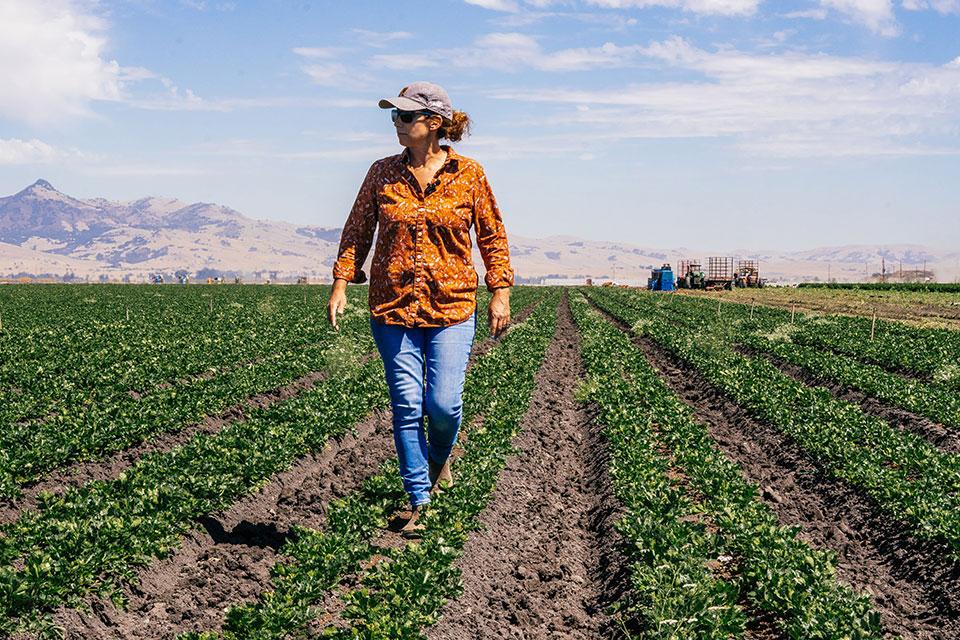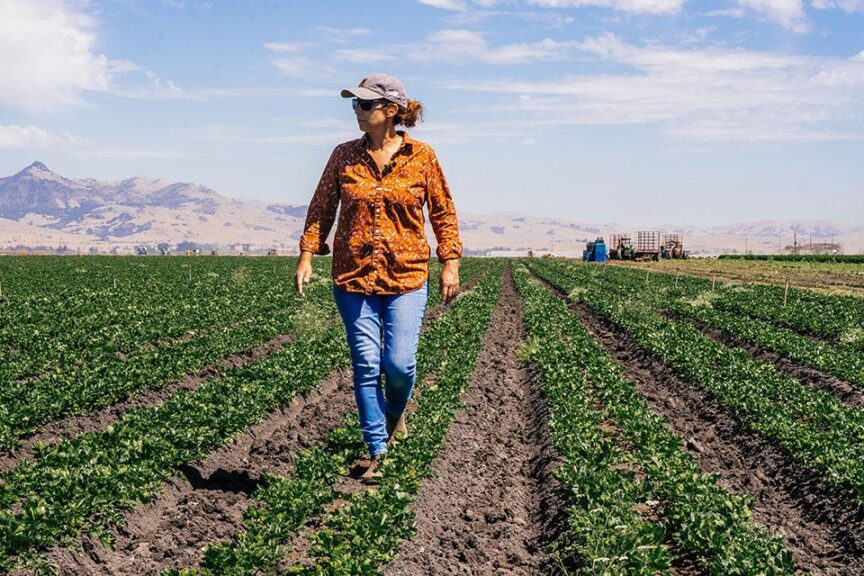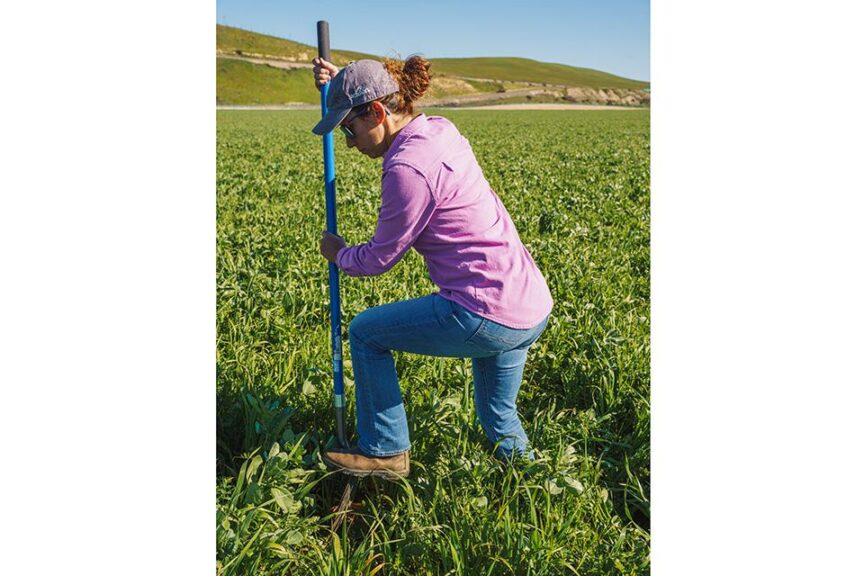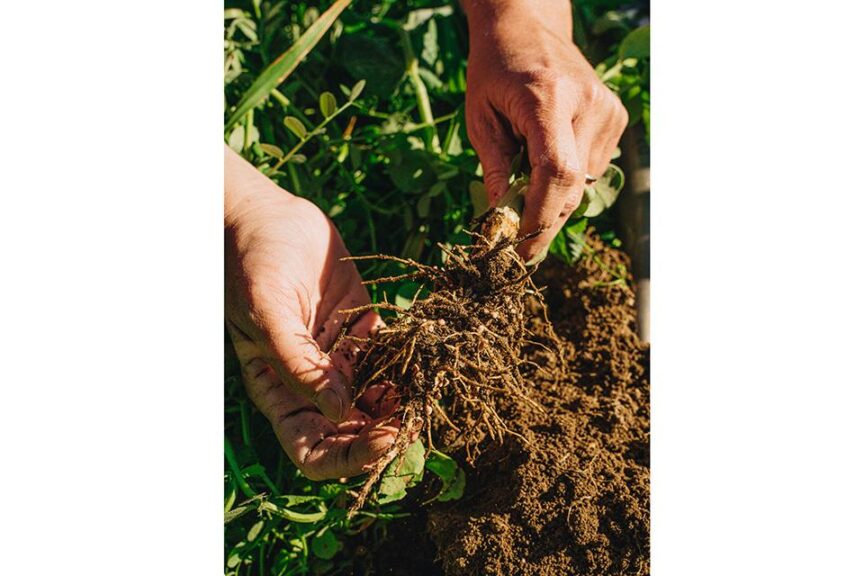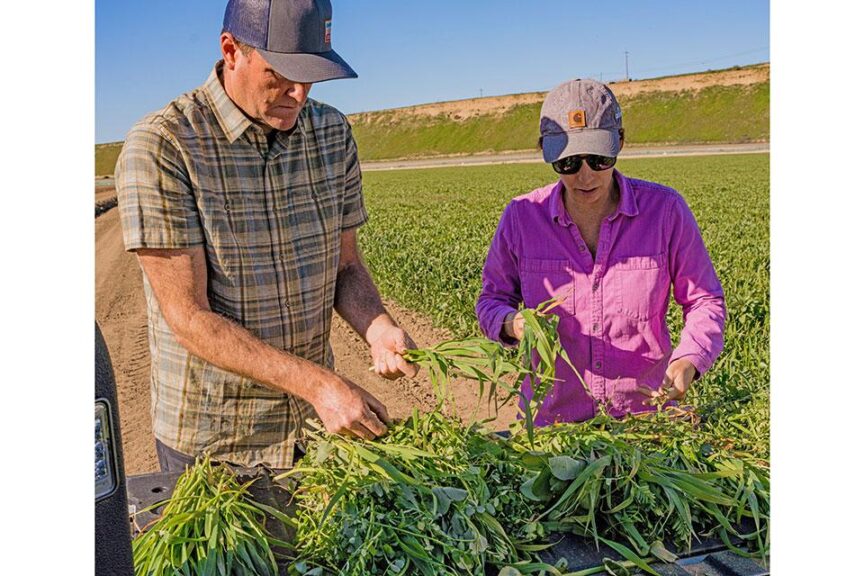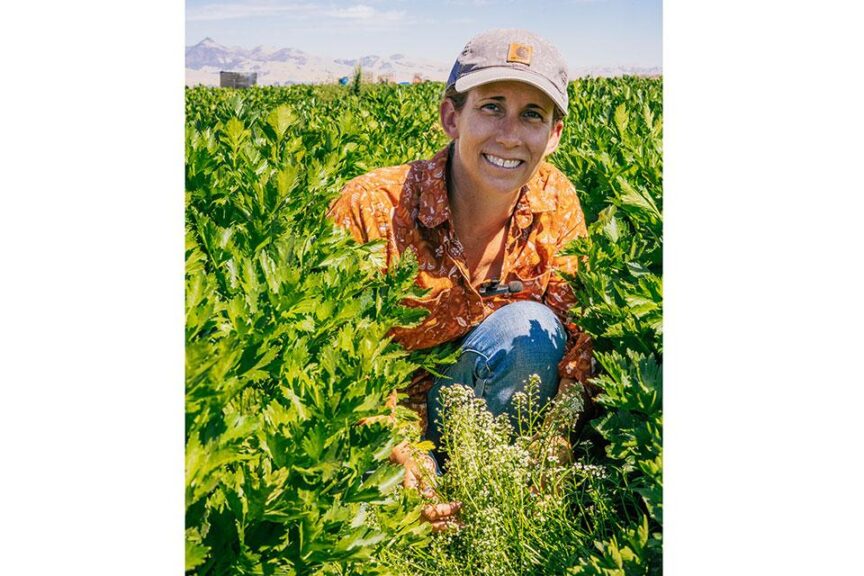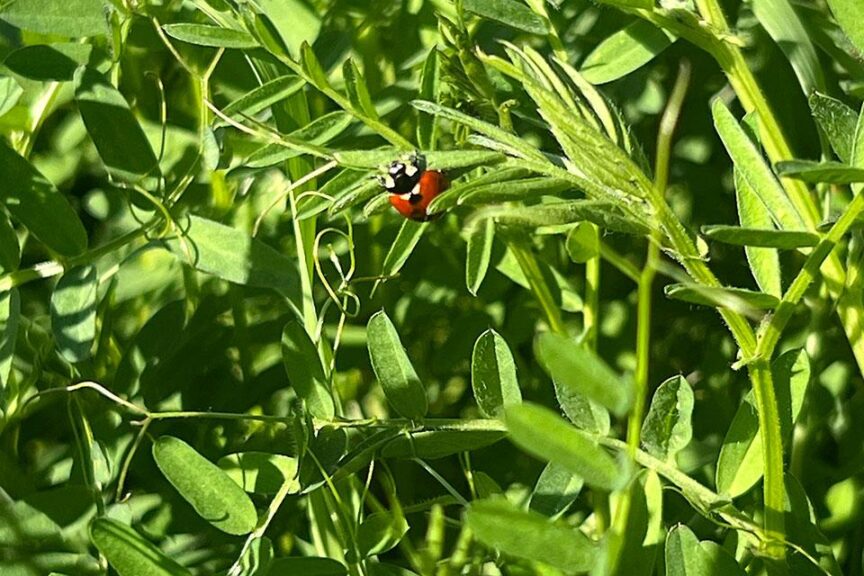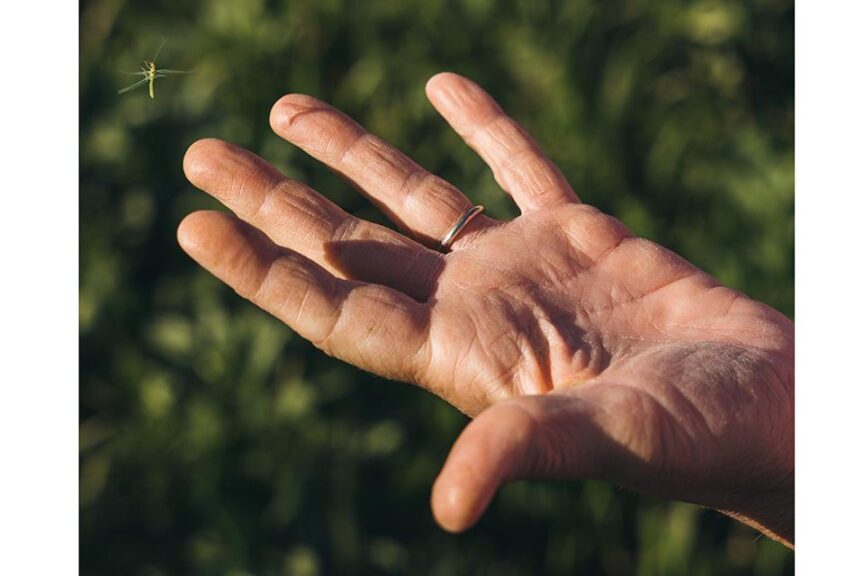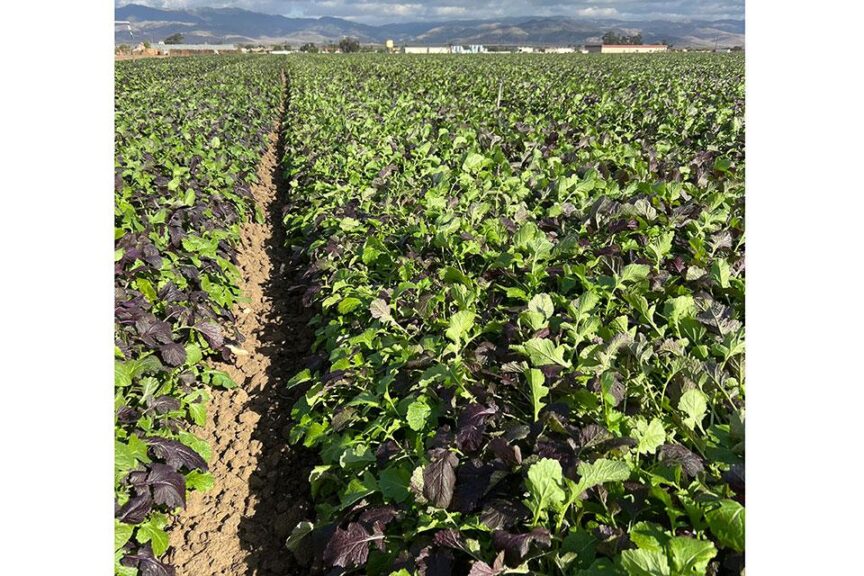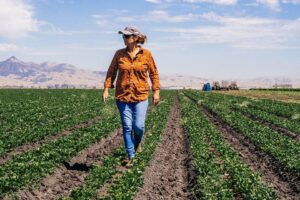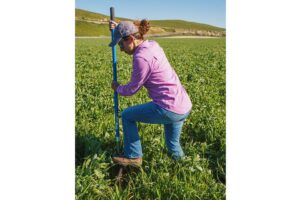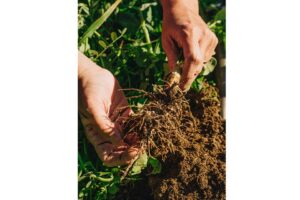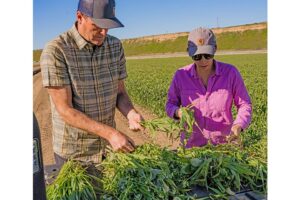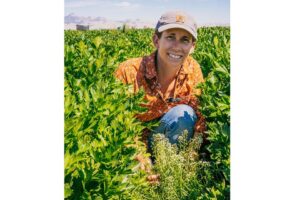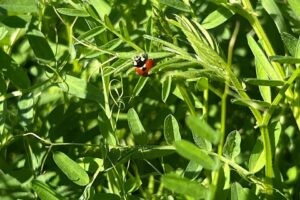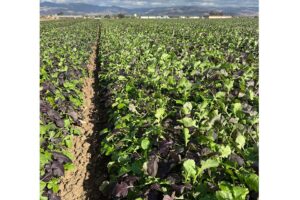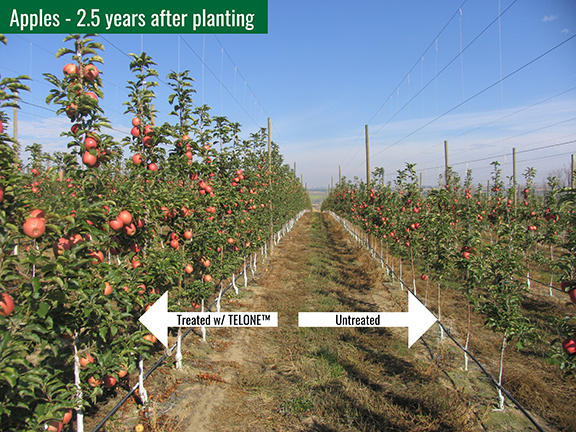Why One Woman’s Research on the Farm Grabs Our Attention
The first time I spent significant time with Kim Horton, who’s on American Vegetable Grower’s cover this month, was during preparation for one of Meister Media’s BioSolutions Conference years ago. To find the right speakers, we talk to a lot of people. I’ve joked it takes about 25 phone calls before we get the right speaker on a topic.
That’s not much of an exaggeration.
One of my sources raved about Horton’s approach to growing and said I had to speak to her about how she trials biological products for Grimmway Farms, the large growing operation she worked for at that time.
Horton was hesitant when I asked her to speak for us, saying she couldn’t fill a half hour. I suggested we walk through her process of selecting products to test, how she sets up test plots, works with the rest of the team to ensure reliable results, and, finally, assesses the results.
I stopped her part way through, pointing out we’d already spent 45 minutes discussing her methods. Not only would she have no trouble filling 30 minutes, but she may struggle to trim things down to that time limit.
Her talk was a hit. The room was packed — standing room only. Dozens of questions came her way, and we suggested Kim meet with everyone during the reception so we could stay on schedule.
Every time I saw Kim Horton after that, she had a crowd around her.
Why did her topic resonate so strongly?
Using biological products and many of the other sustainable methods are unfamiliar to us. To be effective, it requires a different approach to growing, since they’re primarily preventatives, and additive, and not a reaction to infestations.
If you’re going to change your production methods, you want to know they work.
Taylor Farms wisely lured Horton to join their team a year ago, and backed by John McKeon and Wyatt Maysey, she’s continuing her investigative approach to growing.
Even as our industry desperately needs good research, our Extension programs, which have traditionally conducted most research, are shrinking across the country.
Quality research is falling back on growers like the Horton-McKeon-Maysey team at Taylor Farms. They understand to really get their heads around what works and what doesn’t, it will take years of data. They’re in this for the long haul.
If you’re interested in learning how you can set up your own research, we have a session addressing how to do just that at Meister Media’s BioSolutions Conference & Expo in Visalia, CA, March 4 to 6. Join us!





